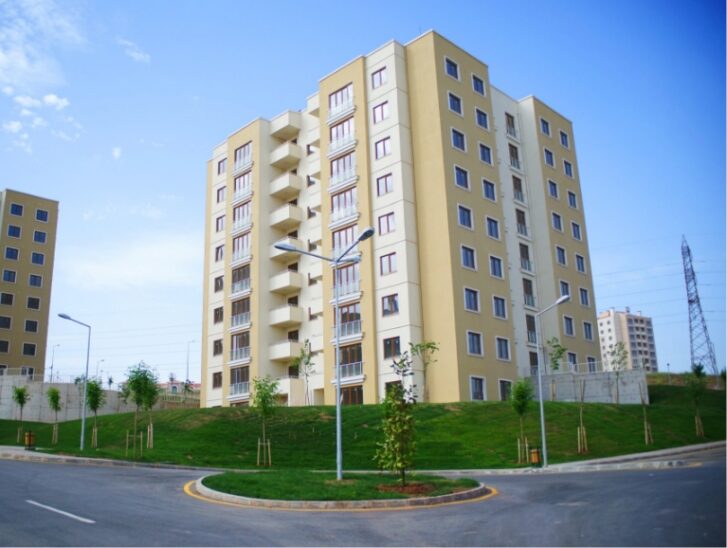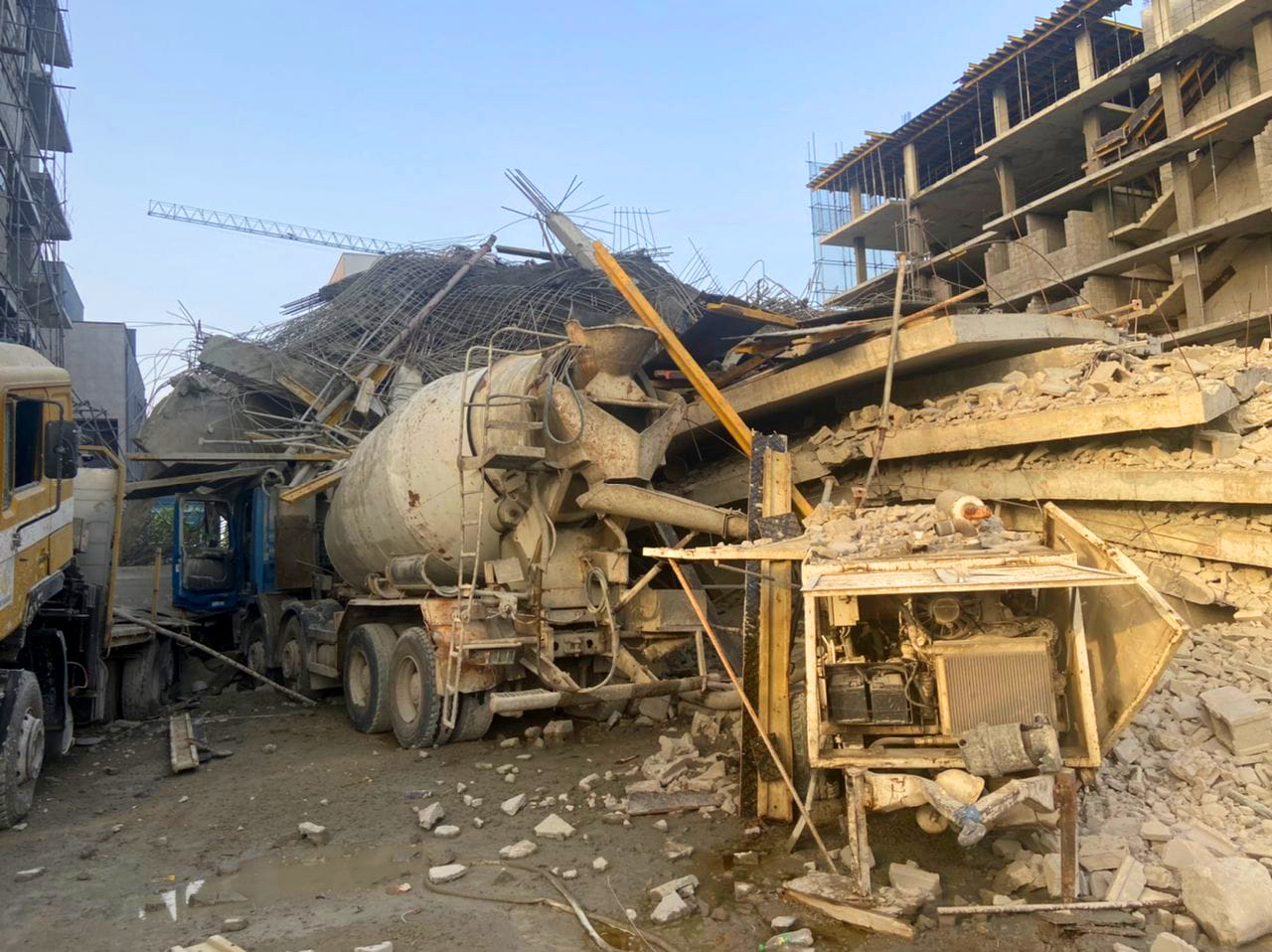Private Property and the High Cost of Acquisition in Nigeria
The high cost of private property acquisition and the unwillingness of banks to lend to low-income earners in Nigeria are two major factors that hinder the development of affordable housing in the country. According to a report by PwC, Nigeria has a housing deficit of about 22 million units, which would require an annual investment of $363 billion for 10 years to bridge. However, the average cost of building a house in Nigeria is estimated at $40,000, which is beyond the reach of most Nigerians who earn less than $2 per day.
One of the reasons for the high cost of private property acquisition is the cumbersome and expensive process of obtaining land titles and permits, which can take up to two years and cost up to 25% of the property value. Another reason is the scarcity of land in urban areas, where demand for housing is high e.g Victorial Island, Ikoyi or Lekki in Lagos, which drives up the prices of land and rent. Moreover, the lack of adequate infrastructure and utilities such as roads, water, electricity, flooding and sewage systems adds to the cost of construction and maintenance.
On the other hand, the unwillingness of banks to lend to low-income earners is due to the high risk and low profitability of such loans. Banks typically require a high down payment, collateral and interest rate for mortgage loans, which are unaffordable for most low-income earners. Furthermore, banks face challenges such as poor credit history, lack of foreclosure laws, weak enforcement of contracts and low liquidity in the housing market.
Although the Nigerian government has made efforts to improve accessibility to housing finance for low-income earners. One such effort is the reduction of equity contributed by people seeking mortgage loans through the National Housing Fund (NHF) from 5% to 0% for loans up to ₦5 million (US$12 040), and from 15% to 10% for loans over ₦5 million1. Another effort by the Nigerian government is the National Social Housing Programme (NSHP), which aims to construct 300,000 housing units for low-income earners. Under this program, individuals in the low-income bracket can afford a house with as low as ₦2,000,000 only2.
There is a obvious need for more policy reforms and interventions to address these challenges and promote affordable housing in Nigeria. By simplifying and digitizing the land administration system, providing incentives and subsidies for developers and buyers of low-cost housing, creating a secondary mortgage market and establishing a national housing fund.




